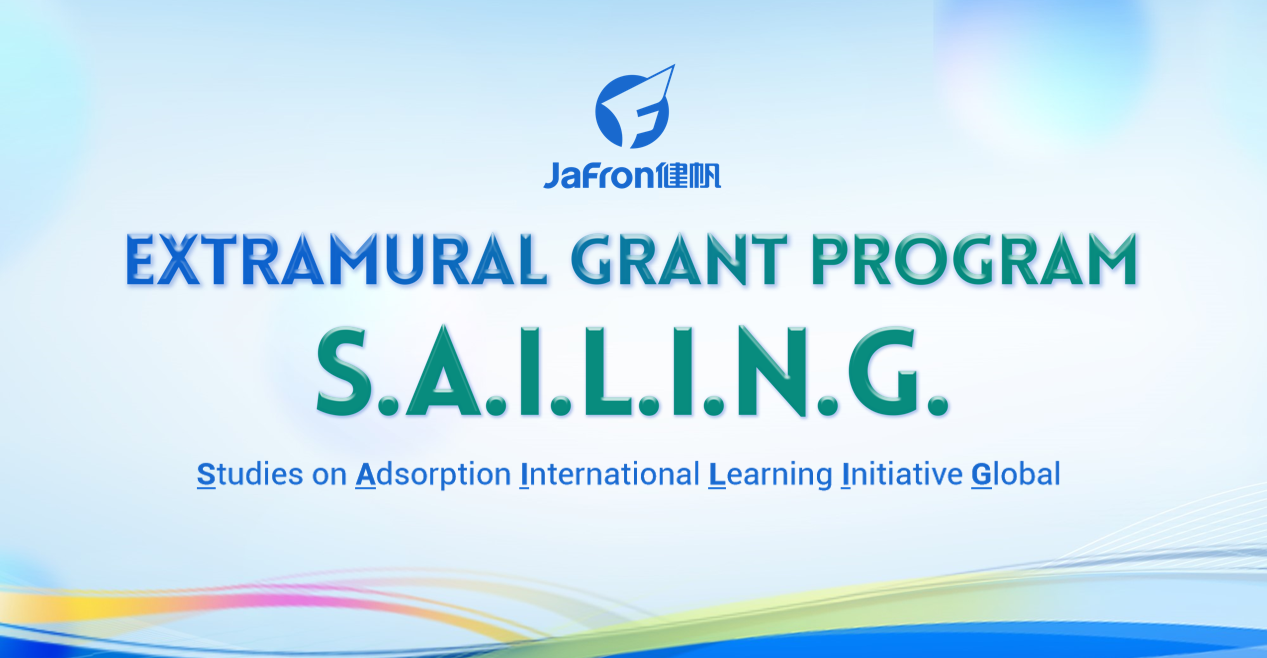Clinical Practice Express: Hemoperfusion works in critical COVID-19 patient management!
Author:Sherry Zhang Date:2023-09-06

on April 14th, 20:00 UTC+8, Prof. Jean-Louis Vincent, professor of intensive care at the University of Brussels, Belgium and president of the World Federation of Societies of Intensive Care and Critical Care Medicine, Prof. SM. Reza Hashemian from Masih Daneshvari hospital in Tehran, Iran, and Dr. Omender Singh, Director of the Institute of Critical Care Medicine, Max Health Care, India, met up on the webinar of Clinical Practice Express, discussed and shared the experience of critical ill COVID-19 patients management.

In the opening report, Prof. Jean-Louis Vincent gave an overall introduction of the management of severe and critical ill COVID-19 patients, including ventilation, fluid, and circulation management, and the necessity of individualized treatment. Prof. Jean-Louis Vincent pointed out that we need to recognize not only the pro-inflammatory response but also the deregulated host response in severe and critical ill COVID-19 patients, and the extracorporeal organ support has certain clinical significance for the removal of corresponding toxins.
Prof. SM. Reza Hashemian from Iran pointed out that a variety of cytokines are associated with the progression of COVID-19, particularly lung damage and acute respiratory distress syndrome caused by the coronavirus. In his clinical observation, compared with the healthy population, the level of pro-inflammatory cytokine in the plasma of the COVID-19 patients was significantly increased. At the same time, Prof. SM. Reza Hashemian shared his clinical experience in extracorporeal organ support at his COVID-19 treatment center, including a clinical observation study. The study included 12 patients and was divided into the hemoperfusion group, CRRT group, and CRRT plus hemoperfusion group. The results showed that all three groups had optimized PaO2, Sat O2, level of inflammatory mediators such as IL-1, IL-6, and IL-8, kidney function after treatment, while the efficacy of CRRT +HP group was more obvious. The hemoperfusion + CRRT group also showed more advantages in patient survival. Prof. SM. Reza Hashemian noted that the number of patients included in the study required a wider range of research observations to further clarify the role of blood purification techniques in inflammatory storm blocking.
Dr. Omender Singh from India elaborated on the immune mechanisms associated with sepsis and sepsis shock, and suggested the importance of the timing of treatment, especially in early intervention in pro-inflammatory cytokine therapy. Based on available evidence, Dr. Omender Singh pointed out that COVID-19 mortality may be attributable to virally driven hyper-inflammation, and reports suggest that while some relevant anti-IL-6 drugs could help in blocking inflammatory storms, they may also increase the risk of bacterial and viral infections, and of viral reactivation in cases with a previous viral infection. Therefore, the use of existed approved therapies with proven safety profiles to address the immediate need to reduce the rising mortality is recommended to identify and treat hyper-inflammation.

(Girardot T, Schneider A, Rimmelé T. Blood Purification Techniques for Sepsis and Septic AKI.)
Afterward, experts from Spain, Argentina, and the Philippines, introduced the situation of COVID-19 patients in their countries, the treatment experience of critically ill patients and medical resources management experience. They discussed related issues needed to pay attention to in treating severe and critical ill COVID-19 patients, such as the common onset of ARDS, myocardial and cardiovascular dysfunction, myopathy and AKI, the use of anticoagulant drugs for coagulopathy, the use of a monoclonal antibody, and hemoperfusion in severe and critical ill COVID-19 patients, as well as the treatment recommendation and the intervention timing of hemoperfusion.
Finally, the webinar came to an end with a discussion. The purpose of the webinar is to further guide medical practice and help save more COVID-19 patients through the efforts of all parties.
















